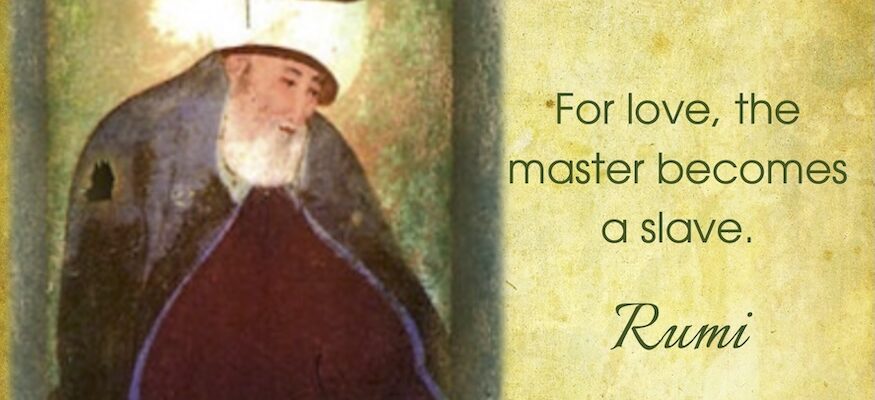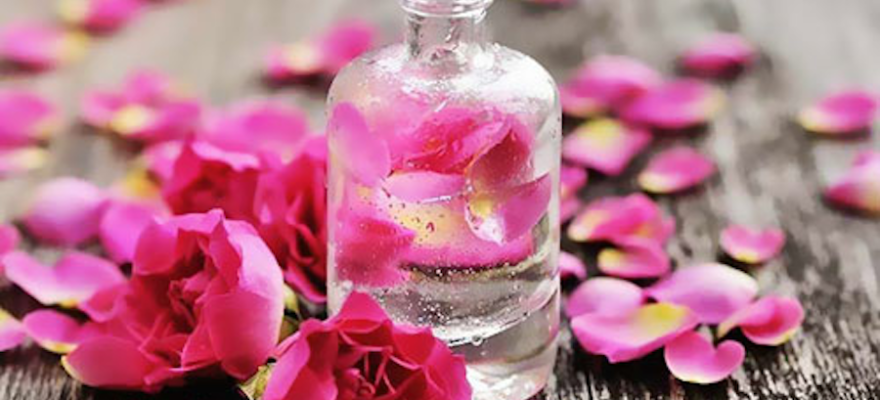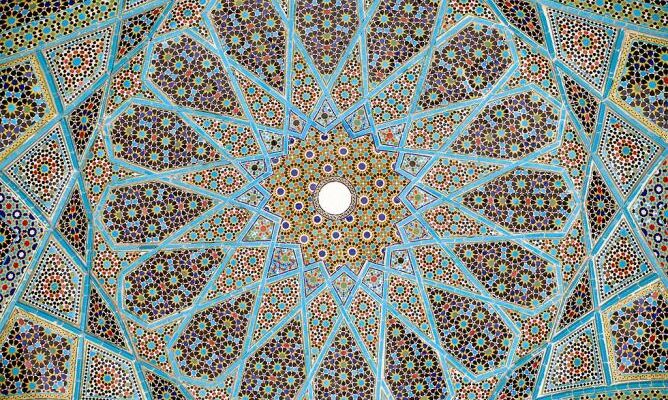Mathnavi is a universal love hymn. On the 750th anniversary of his death, the mythical poet, sage and spiritual master Rumi (30 September 1207, Belh region – 17 December 1273, Konya) is one of the most read poets in the West. Leili Anvar attributes it to his sublime spiritual poise that transcends all religious norms. She is known for her scholarly translations, her profound knowledge of mystical Persian literature, and life and spiritual personality of Rumi. In the preface of her book Rumi, the Religion of Love , she describes the epoch he lived in Anatolia. Rumi lived in …
Tag: mystical poetry
Rose has been considered the symbol of love, beauty and divine perfection since ancient antiquity. Rose essence was used in cooking, medicine and various ceremonies at the time of Zoroaster (circa 1000 BC) in Persia. Washing the hands and face with rosewater for purification, sprinkling rose water on one another, drinking rose syrup, burning rose incense featured various ethnic, cultural, religious ceremonies. During the middle ages, the rose was cultivated in monastery courtyards and was used for incense and medicinal purposes. It is been said that the finest rose water and oil is extracted from what is commonly known today …
One of the most read mystical poets, Rumi (1207-1273) recounts in his seminal Mathnawi the story of the temple of King Solomon . When he started the construction of the temple following the divine order, medicinal plants sprouted one after the other in the courtyards of the temple. Endowed with the gift of speaking the language of animals, plants, and other creatures in nature, King Solomon would ask the emerging sprouts : Tell me your name, what you heal, which medicine are you? whom you hurt, and whom you cure Plants would speak up and count their remedies and …
A flower- tinted cheek, the flowery close Of the fair earth, these are enough for me – Enough that in the meadow wanes and grows The shadow of a graceful cypress tree. I am no lover of hypocrisy; Of all the treasures that the earth can boast, A brimming cup of wine I prize the most – This is enough for me ! To them that here renowned for virtue live, A heavenly palace is the meet reward; To me, the drunkard and the beggar, give The temple of the grape with red wine stored! Beside a river seat …












Social Profiles